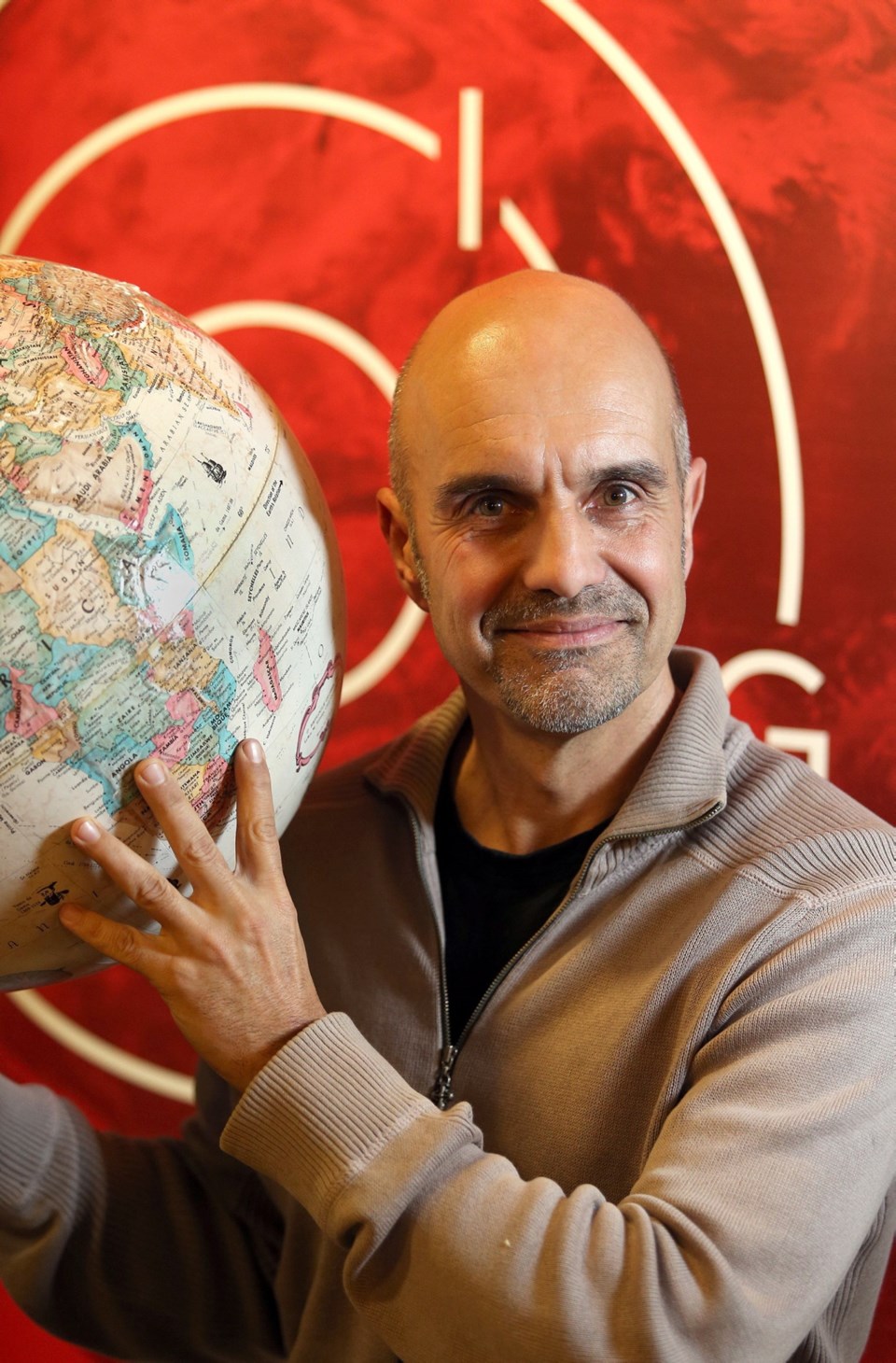Ideafest is now well-established as an annual event at the University of Victoria, one that comes along as surely as exams and spring break. “It has become a real staple of what we do here at UVic,” said Oliver Schmidtke, professor of political science and associate vice-president of research.
“Late in the year, we start asking ourselves: ‘What can we do?’ and ‘What can we put forward this year?’ ” said Schmidtke.
Ideafest, in its sixth year, is an annual, week-long series of lectures, panels, discussion and demonstrations, led by the researchers at the university. All 40-odd events are free and all are open to the public.
The inspiration for the event is the university’s desire to bring its academics, from students to professors and deans, out of the ivory tower and put them where members of the community can hear them.
The academics must be willing to decode some of the professional jargon they use when they talk to colleagues. The public must be willing to listen to some new, even challenging ideas.
Subjects will range from political science to the physical sciences. Presenters and participants will include members of the UVic community and celebrities such as David Suzuki, host of the Nature of Things series.
Schmidtke said the events mostly speak to issues already out there in public discussion: Populist politics, migration of refugees, environmental changes, Canada and reconciliation with First Nations.
What Ideafest will not offer is easy, tweet-style answers to complex issues.
Instead, it will offer people chances to learn about scientific evidence that might strongly indicate, without actually proving, certain conclusions.
Or, it might offer complex social and moral issues at stake when considering certain political manoeuvres.
“We live in a world of fast-paced news, fake news and it can be hard to discern what is real,” said Schmidtke. But Ideafest “is a very different forum than what you get with the news media.”
“There is an appetite out there for scientifically sound, evidence-based conversation about important issues,” he said.
“It might make for a difficult and challenging conversation, but it’s worthwhile in a time when there appear to be so many easy solutions on offer.”



